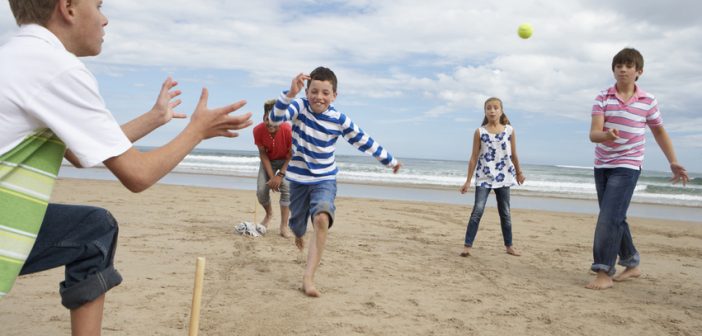Children are generally a self-oriented, insular bunch by nature. This is not to say that they are selfish, just that they don’t always perceive or respond to the unspoken needs of others.
In groups and social situations, this can lead to other children’s feelings being hurt through actions such as unintentional exclusion. Different from being mean or bullying, this happens when someone is left feeling excluded without malice intention from the excluder. Unfortunately, the impact of such circumstances often has a damaging effect, whether malicious or not.
An example of unintentional exclusion may be a group of friends, playing soccer, not asking the quiet kid on the sidelines if he also wants to play. They may assume he doesn’t because he hasn’t asked to join in, or they may be too caught up in their game to even notice. The outcome being the quiet kid feels left out of the fun.
Of course, exclusion can be intentional as well. Kids can be mean and exclude others for any number of reasons. They may look a bit different, behave in an unconventional manner or just been deemed as “uncool”. Adherence to social norms strongly dictates playground politics.

To combat this issue, some schools have implemented “Friendship Seats” or “Buddy Benches” to teach children to reach out to other students who may be feeling isolated, bullied or are struggling to make friends. It also encourages those who feel shy or alone to put themselves in a position to connect with others.
It’s also up to us as parents to teach our children how to show compassion and kindness to others. We can encourage our children to include others in a number of ways:
- Teach them that everyone is different. Not everyone finds it easy to make friends or join in. This doesn’t make them unworthy of friendship. They just may need a little help or encouragement.
- Teach them to be aware of the people around them and outside of their circle. Guide them to look for the outsiders and reach out to them.
- Encourage mindfulness. Teaching your child to be aware of their own actions will help reduce any unintentional exclusion on their part.
- Model kindness and inclusion. Our behaviour is the best guide for our children. If we are inclusive of people with differences and treat others with kindness and respect, our children are more likely to do so.
- Empathise with them and teach them to show empathy to others. Encourage them to think how they would feel in certain situations. If they are struggling in their own search for friendships, let them know that you understand how difficult it can be and help them brainstorm some solutions.
Guiding our children on how to be good humans who include other people and treat them with kindness and compassion has to be one of the most important lessons we can teach them.


1 Comment
Pingback: Research Discovers What Your Child Needs To Succeed At Life - School Mum